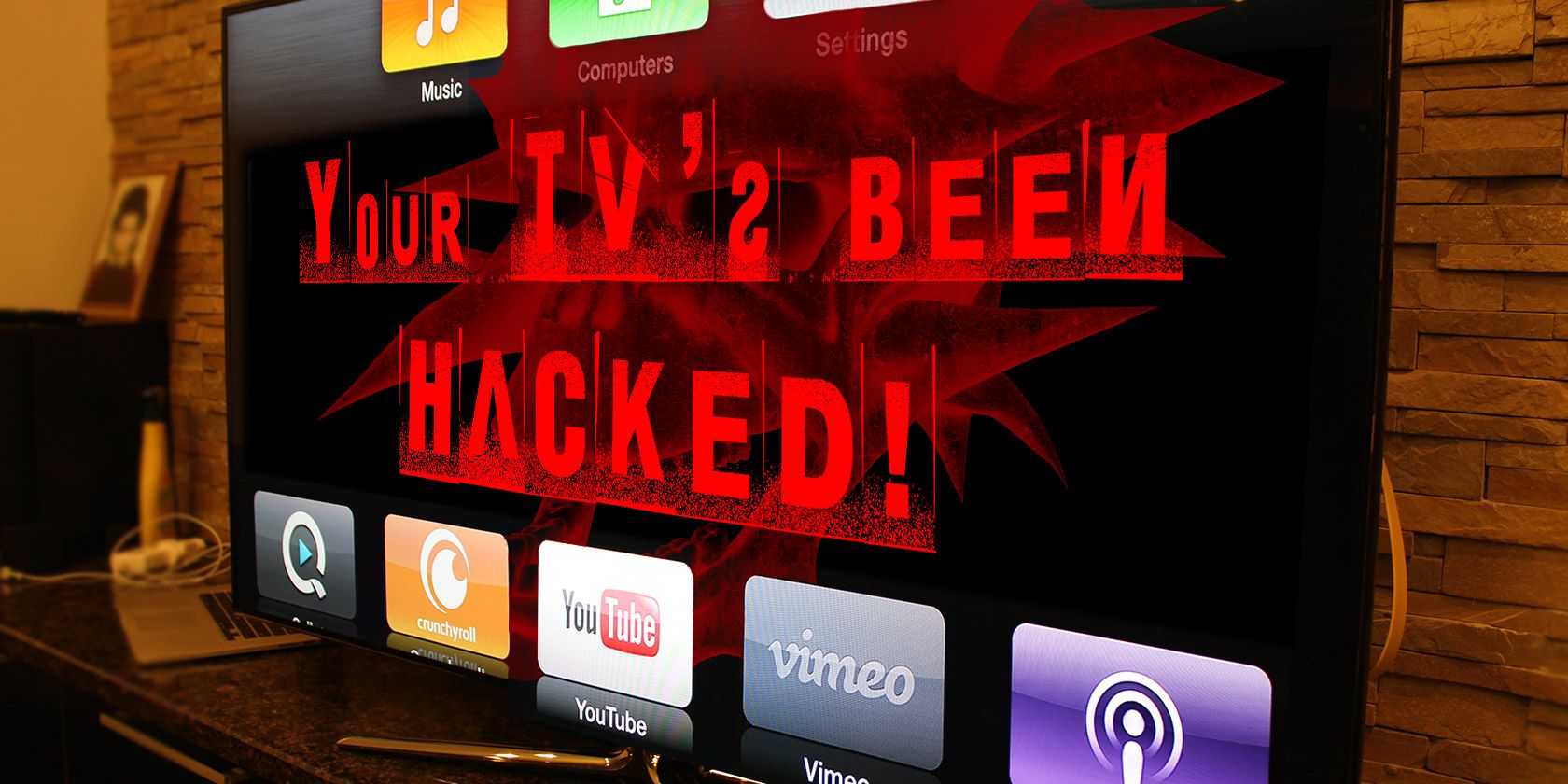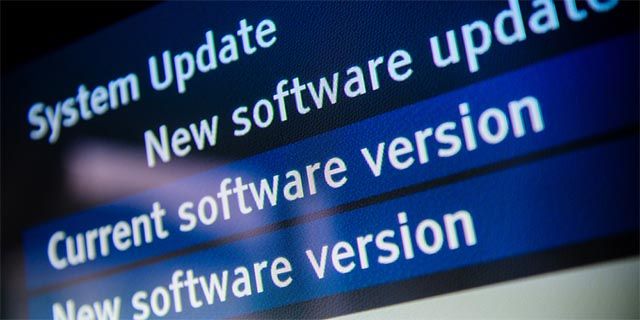"Your TV has been hacked." Just a few years ago, this nonsensical statement would've been enough to render most of us confused. On top of computers and mobile phones, you're telling me that my television can be hacked now, too? If you have a Smart TV, then yes, it can be hacked.
The good news is that it isn't a rampant phenomenon… yet. The day is soon coming, however, when you may need to install anti-virus and anti-malware software onto your TV to keep it safe. Sounds weird, I know, but don't brush it aside. Now is the best time to be educated and prepared.
What Are Smart TVs?
If you're panicking, stop and take a breath for a second. You're only at risk of a hacked TV if you own and operate an Internet-connected Smart TV. After all, television itself has been around for decades without much security incidence. The risk only arises when Internet connectivity is introduced.
What is a Smart TV? James was pretty thorough with his Smart TV overview which also explains whether or not you should even purchase one. Long story short, a Smart TV is the hybrid child of the television and the computer. It can browse the web, install and run apps, respond to voice commands, and more.
Again, let me restate: Smart TVs are not inherently compromised in terms of security. You only need to worry if you have a Smart TV that actively uses the Internet. That latter part is what's important.
What Happens When A Smart TV Is Hacked?
The biggest danger is that you can be spied on by anyone. In light of the NSA's PRISM scandal of yesteryear, privacy and spying have launched to the forefront of the web's biggest topics to talk about. Perhaps it's fitting that the latest evolution in entertainment media continues to house those same risks.
Last year's Black Hat conference showed us that multiple Smart TV models possess vulnerabilities that can be exploited such that:
- cameras can be turned on and off.
- social apps, like Facebook and Skype, can be taken over.
- files can be accessed and modified.
Throw some malware into the mix and you'll start to see just how scary these vulnerabilities can be. And while there is potential for personal damage (corrupted files, broken TV, or social media scandals), perhaps the worst thing is the constant fear of whether or not someone is watching you through the TV.
For those wondering if Smart TV viruses can spread: if you hold any sort of contact information in your Smart TV and the virus gets a hold of it, yes, it can spread.
How Can You Prevent It?
Here's a bit of silver lining. Despite the existence of vulnerabilities, there haven't been any big worms that have taken advantage of them. It's hard to determine the best defense against an attack when the attack doesn't technically exist yet. However, the principles of security can be taken from elsewhere and applied here.
- Stay updated. Manufacturers will do their best to patch security holes so it's in your best interest to stay updated with the latest firmware. Try not to skip them unless you have a good reason to do so.
- Use firewalls. Any device that connects to the Internet should be guarded by a firewall and your Smart TV is no exception. For now, your best bet is a router-based firewall and any built-in firewall settings that your Smart TV might have.
- Malware scans. This will depend on how advanced your Smart TV is, but if you have access to a malware scanner app, you should use it. Remember to keep that up to date, too.
- Camera security tactics can be borrowed from methods of webcam security. Always assume your camera is on and never do anything in front of it that you wouldn't want accidentally broadcasted. If you're really paranoid, cover the Smart TV camera with a piece of tape.
- Skip the Smart TV. When it comes down to the last resort, you can always pass over the Smart TV and stick with a traditional TV.
Be Vigilant And Stay Updated
As it turns out, the Internet continues to prove that it's a giant pain in the neck. Constant vigilance is required nowadays, first with your computer, next with your mobile phone, and now with your Smart TV. You're most susceptible when you put your guard down so keep your eyes open.
Do you own a Smart TV? What do you know about these vulnerabilities? Is this enough to make you worried or does it not faze you at all? Share your thoughts with us in the comments!
Image Credits: Smart TV Remote Via Shutterstock, White Noise Via Shutterstock, Firmware Update Via Shutterstock




